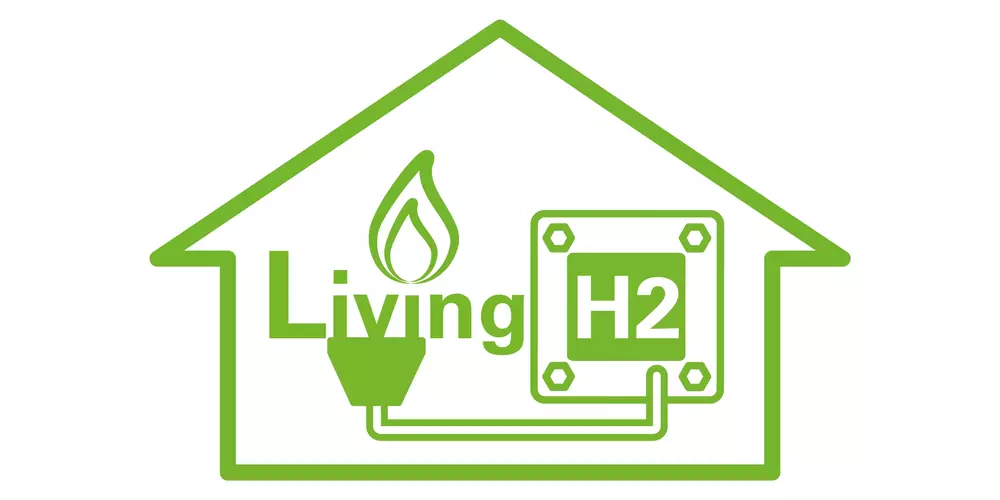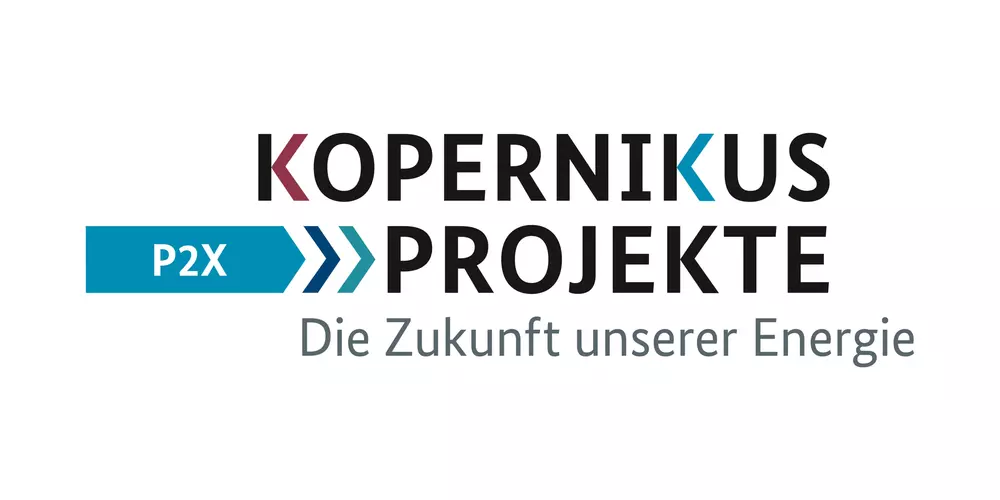Investigating tomorrow's locations and technologies today
Technical, Economic and Ecological Analyses
A successful energy transition requires innovations and therefore new technologies. How can these technologies be implemented and integrated into existing infrastructure? At what cost can energy sources such as hydrogen or methane be produced? What consequences do these technologies have for people and the environment? As part of its projects, the research center analyzes a wide range of future technologies, from electrolysis and new heating concepts to the green production of ammonia.






